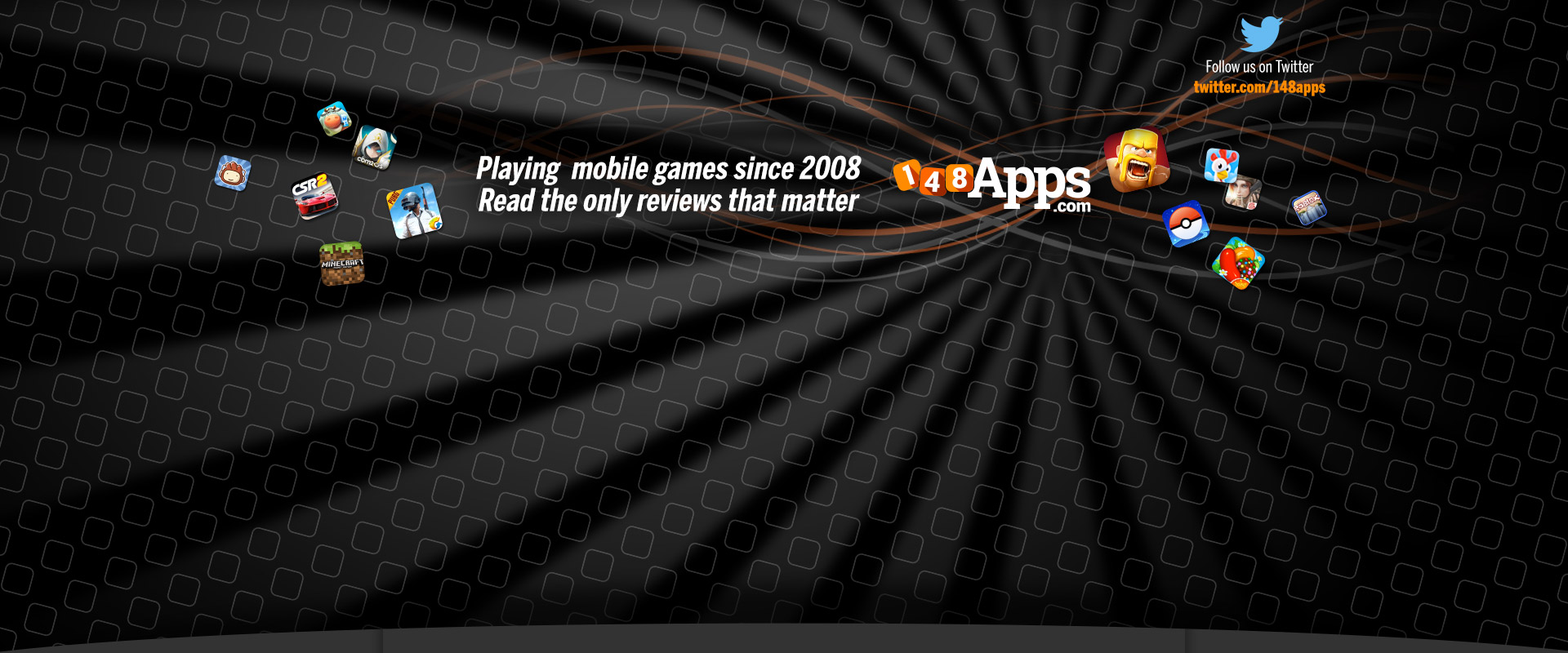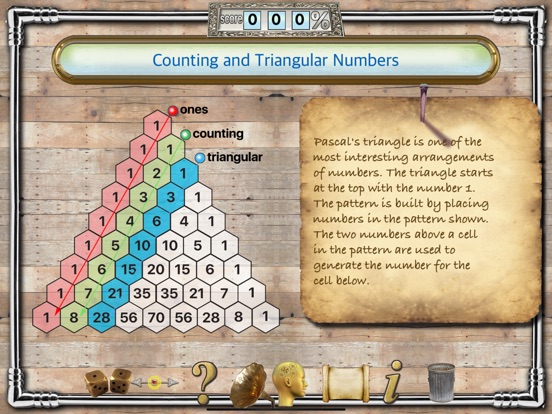What's New
This version provides an update to recommended settings and includes some additional information about Pascal.
App Description
With this app students learn about the life and contributions to mathematics and science made by Blaise Pascal. It discusses Pascal's Triangle, an arrangement of numbers that reveals several important patterns.
Pascal was also and inventor. He is credited with the design and development of one of the world's first calculating machines. The Pascaline could perform four arithmetic operations: addition, subtraction, multiplication and division.
With this app students learn about the significant contributions that Pascal made to further the development of advanced mathematics. By collaborating with Pierre de Fermat, Pascal laid the groundwork for modern probability theory.
In addition to his contributions in mathematics, Blaise Pascal made several important scientific discoveries related to hydraulics. Pascal studied atmospheric pressure. His research showed that vacuums can be created artificially. In his honor, today we use a unit of measurement known as the pascal. A pascal is a unit of pressure that is equal to one newton per square meter.
Students will enjoy using this graphically illustrated, interactive learning tool. The timeline feature presents key events in the history of mathematics and tapping on timeline points brings up descriptions of each of the historical event and tells about its significance. A quiz function helps students demonstrate their comprehension of the reading material. Key mathematical and scientific concepts are shown in colorful illustrations. We hope this app will inspire students to study math and science. The app shows that Blaise Pascal certainly deserves an important place in the history of math and science.
App Changes
- January 27, 2019 Initial release
- June 13, 2019 New version 1.1
- August 16, 2019 New version 1.2
- August 28, 2019 New version 1.3
- July 15, 2020 New version 1.6
- September 16, 2023 New version 1.7
- April 25, 2024 New version 2.1





























